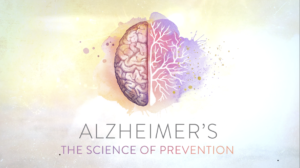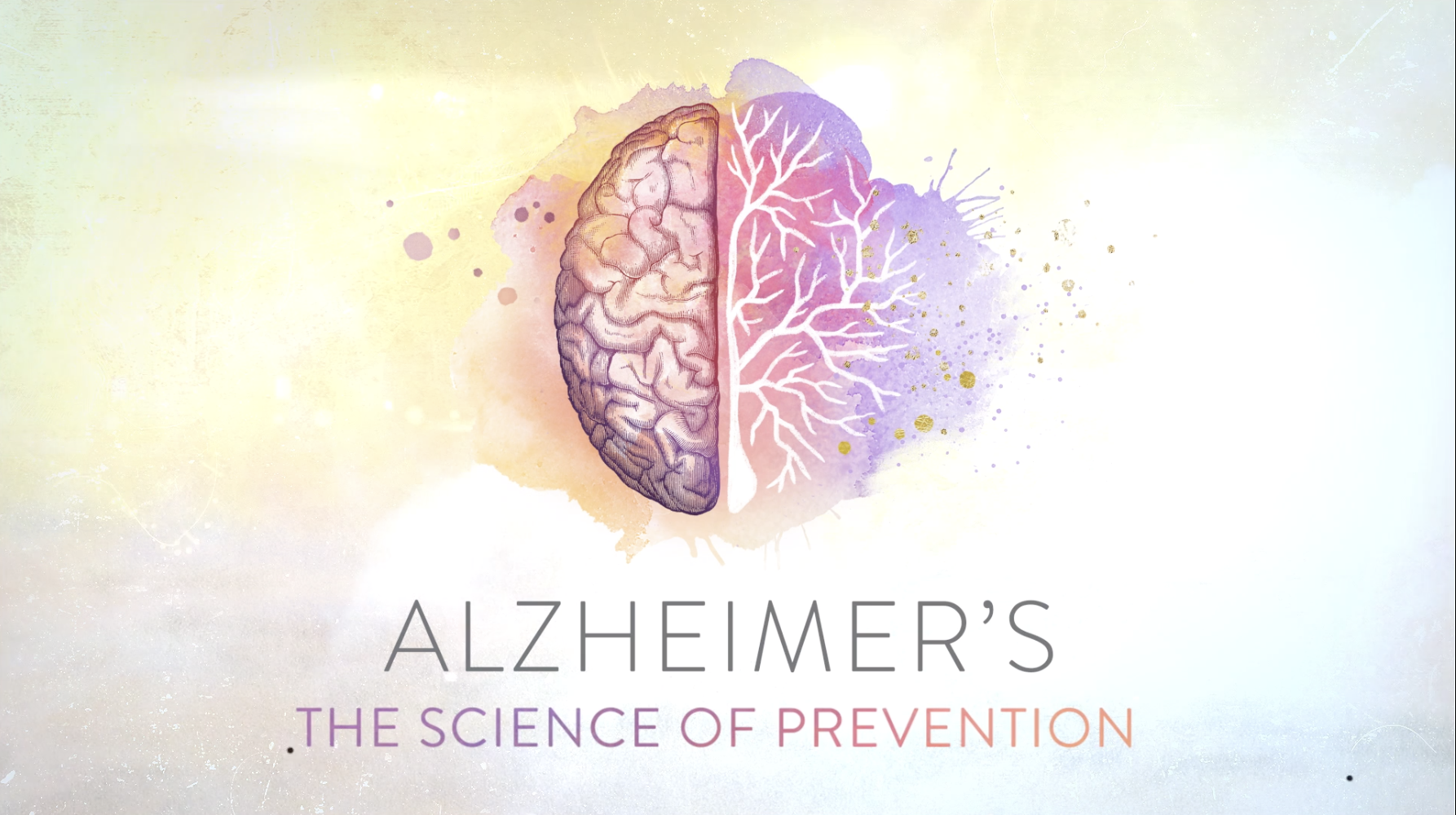This is from today’s episode of “Alzheimer’s: The Science of Prevention” hosted by David Perlmutter, MD.
You can sign up for free to view the series here:
There is a new episode everyday!
New Alzheimer’s statistics:
- There are now 40 million people diagnosed with Alzheimer’s around the world
- 5.5 – 5.8 million of those are in America
- By 2050 this number is expected to reach 14 million in the US alone
- Every 3 seconds someone is diagnosed with dementia globally
- Of those diagnoses, the most common form is Alzheimer’s disease
- We are spending about $250 billion taking care of Alzheimer’s patients here in America
- And that number exceeds $1 trillion globally
- These numbers will increase dramatically as we move forward
- About one-third of people alive today will develop Alzheimer’s
But, consider the context, Dr. Perlmutter states “This is by and large a preventable disease.” And, he goes on to say, “keep in mind that if you live to the age of 85 years, your risk of Alzheimer’s is 50:50.” That’s the flip of a coin.
Alzheimer’s is now recognized as the third leading cause of mortality and morbidity in the U.S. And, it’s recognized to be under-reported, so the actual incidence may be even higher. In the U.K. and Japan, Alzheimer’s is the number one. While mortality in all the other chronic diseases has been declining, such as in diabetes, heart disease and cancer, Alzheimer’s, on the other hand, has been rapidly increasing in both incidence and mortality over 123% in the past 15 years. This according to Dean Sherzai, MD, PhD, MPH from Loma Linda University.
Remember, it’s not just about the patients. As patients become progressively disabled, this takes another person, either hired or unpaid, to take care of their needs. This creates a cascading effect of economic burden. But, even greater, a social burden, since the people providing the care may be diverting care away from others in their lives. And now those people are being neglected, as pointed out by Suzanne De La Monte, MD, MPH from Brown Medical School.
Why is the incidence of Alzheimer’s increasing? We are an aging society and we are living longer, but there are more factors at play than that.
- Our environment is changing
- The way we live our lives is changing
- Inflammation
- Insulin resistance
Inflammation is essentially the root cause of almost all modern chronic disease. This affects the brain leading to the manifestations of Alzheimer’s disease. Finding the cause of that inflammation is critical! Addressing the underlying root causes is crucial. Symptom of inflammation on the brain can be initially manifest as anxiety or depression long before dementia develops.
Insulin resistance is another primary driver for Alzheimer’s disease. This is the underlying process of type 2 diabetes as well. This fact has lead to Alzheimer’s being called “type 3 diabetes.”
Two tiny areas of the brain about the size of your thumbs shrink in Alzheimer’s disease. These areas are crucial in forming new memories. Unhealthy lifestyle causes inflammation in the lining of the arteries of the brain. Eventually this leads to shrinkage of the brain termed atrophy.
The changes that lead to Alzheimer’s start 30 years before the diagnosis of the disease. This is documented in studies using sophisticated PET scans. So what you are doing now has a tremendous effect on your brain, and the trajectory of your brain health. If there’s ever a period of time in your life to worry about this, it’s early midlife — 20’s and 30’s. So that when you are in your 40’s and 50’s you will be on target and not placing yourself at increased risk. According to Mark Hyman, MD, “if you have belly fat, that’s brain damage.” Look around us and realize that’s pretty scary!
What can we do to prevent the disease? This list of the five most important things you can do to decrease your chance of developing Alzheimer’s comes from Dale Bredesen, MD:
- Diet: A mildly ketogenic diet which is anti-inflammatory which improves insulin sensitivity and optimize your microbiome. And to include appropriate times of fasting, as well.
- Exercise: Both strength training and aerobic exercise
- Sleep: 7-8 hours of good high quality sleep to enhance cognition
- Stress: Seeking joy, meditation and other ways to reduce the effects of stress
- Brain training: A few times a week of using your brain in new ways such as apps or learning a language
Dr. Georgia Ede goes on to list a few particular points she considers the most important to consider about diet including the need to avoid processed foods, refined carbohydrates and vegetable oils. Dr. David Ludwig points out the longterm effects of these dangerous dietary patterns lead to the development of insulin resistance, which progresses to type 2 diabetes, and eventually to Alzheimer’s (or type 3 diabetes).
Walter Longo, PhD, director of the USC Longevity Institute advises to “start at 20, or even earlier if possible” but if not sooner, then even later it’s still beneficial to use ketogenic or fasting mimicking diets and that those have “real potential” even when someone is in mild cognitive impairment.
Leaving with this thought from Dr. Dale Bredesen that he believes that from the study of genetics that about 95% of cases of Alzheimer’s could be prevented. That means that most of the choices we make every day are the primary force we have control over our risk of developing Alzheimer’s. Our diet, sleep, stress control and exercise are the areas of greatest leverage. This simple concept, of prevention, is what our practice at Peak Health is all about. We work with individuals to identify their unique primary drivers for developing cognitive decline. We define the underlying causes of those dysfunctions using the unique tools of Functional Medicine. Then we apply leading edge therapeutic interventions across many dimensions to promote optimal health, prevent and reverse chronic illness and disease. Find out how here.


